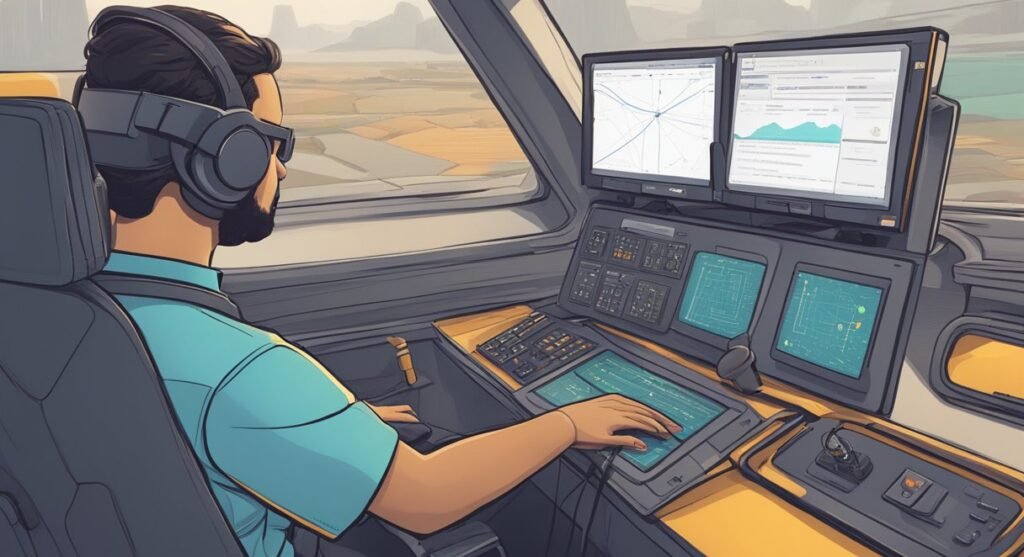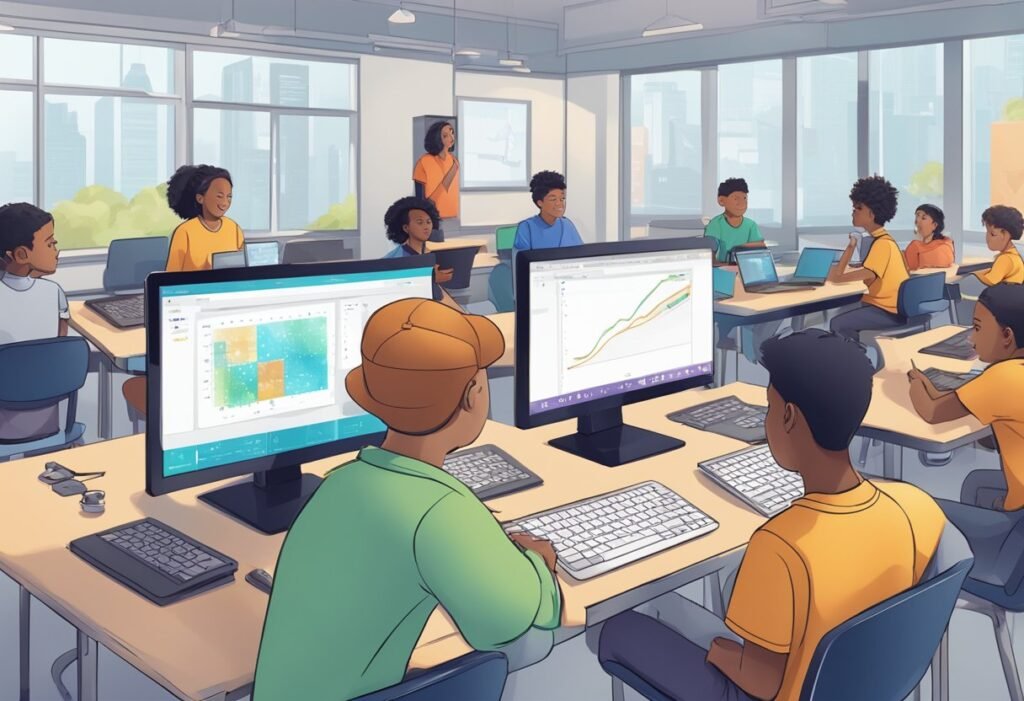AI Copilots are changing the way coding is taught, and professors are shifting away from syntax and emphasizing higher-level skills. These AI tools can free up time for teachers to focus on teaching higher-level thinking, such as how to design software, what is the right problem to solve, and what are the solutions. By embracing these tools while focusing on core computer science principles and practical skills, educators can better prepare students for the rapidly developing world of software development.

The integration of AI copilots into academics has the potential to change the way programming is taught and learned. These AI tools can help students learn to code faster and more efficiently by providing real-time feedback and suggestions. AI copilots can also help students identify and correct errors in their code, allowing them to learn from their mistakes and improve their programming skills. As a result, students can gain a deeper understanding of the programming concepts they are learning and can apply their knowledge to real-world problems.
Overall, AI copilots are changing the landscape of coding education and providing students with the tools they need to succeed in the fast-paced world of software development. By embracing these tools and focusing on core computer science principles and practical skills, educators can better prepare students for the challenges of the future.
The Emergence of AI Copilots in Coding Education
With the rapid advancements in technology, the field of coding is experiencing a major transformation. One of the most exciting developments is the emergence of AI copilots in coding education. These intelligent assistants are changing the way coding is taught and learned, and are revolutionizing traditional teaching methods.
Revolutionizing Traditional Teaching Methods
Traditionally, coding education has focused on syntax and basic programming concepts. However, the emergence of AI copilots is changing this approach. Instead of focusing on syntax, AI copilots are emphasizing higher-level skills, such as problem-solving and critical thinking. They are also helping students to learn coding in a more interactive and engaging way.
One of the most significant benefits of AI copilots is that they can provide real-time feedback to students. This means that students can receive immediate feedback on their coding projects, allowing them to identify and correct mistakes quickly. This personalized learning experience is helping students to learn coding more efficiently and effectively.
Personalized Learning Experiences
AI copilots are also helping to create personalized learning experiences for students. By analyzing a student’s coding history and performance, AI copilots can provide customized recommendations for learning resources and projects. This approach allows students to learn at their own pace and level, and to focus on areas where they need the most help.
In addition, AI copilots are helping to make coding education more accessible to a wider range of students. By providing real-time feedback and personalized learning experiences, AI copilots are helping to level the playing field for students who may have previously struggled with coding.
Overall, the emergence of AI copilots in coding education is an exciting development that is changing the way coding is taught and learned. By emphasizing higher-level skills and providing personalized learning experiences, AI copilots are helping to create a new generation of skilled coders who are well-equipped to tackle the challenges of the future.
Implications and Challenges

Ethical Considerations
The integration of AI copilots in coding education raises ethical considerations. For instance, the use of AI in coding classes could perpetuate bias if the data used to train the models is biased. Moreover, AI-powered coding tools could replace human programmers, leading to job loss. Therefore, it is essential to ensure that AI copilots are designed to promote diversity and inclusivity, and that they are used to augment, rather than replace, human programmers.
Adapting Curriculum for AI Integration
The integration of AI copilots in coding education requires the adaptation of the curriculum to accommodate the new tools. Educators must teach students how to use AI-powered coding tools effectively, while also emphasizing core computer science principles and practical skills. Additionally, the curriculum should prepare students for the rapidly evolving world of software development, where AI is becoming increasingly prevalent.
To integrate AI copilots into coding education, educators must also have access to the necessary resources, such as funding for training and access to the latest technologies. Furthermore, they must be willing to adapt their teaching methods to incorporate AI-powered tools effectively.
In conclusion, the integration of AI copilots in coding education has the potential to transform the way programming is taught and learned. However, it also raises ethical considerations and requires the adaptation of the curriculum and teaching methods. By addressing these challenges, educators can prepare students for the rapidly evolving world of software development and ensure that AI-powered tools are used to augment, rather than replace, human programmers.


